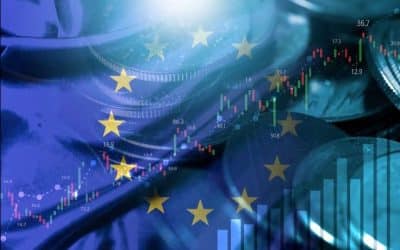More falls in the real estate sector?

Redacción Mapfre
The real estate sector isn’t having the best of moments. In July, home purchases fell by 18.4% compared to the same month of the previous year, while the number of mortgages granted fell by 25%, according to the latest data from Spain’s National Institute of Statistics.
The economic context continues to be marked by the rise in interest rates to deal with inflation, which has made financing the purchase of a home more expensive, in addition to the macroeconomic weakening and the precarious situation of the sector in China, where shares in Evergrande slumped by more than 20% this week after announcing that it can’t issue new debt. In addition, days earlier it was also revealed that it had postponed its debt restructuring meetings for the third time.
Alberto Matellán, chief economist at MAPFRE Inversión, believes that the worst is already behind us on the stock market, although he anticipates further declines. “There is still a lack of impact on rates,” he recalled. However, he acknowledges that everything depends on the type of investor.
"An investor who’s in for the long term and buys companies at a good price doesn’t have to worry about these types of swings. More aggressive investors may start to identify opportunities", he said.
For Matellán, the real problem remains inflation, “which seems to have been forgotten about, but it’s still very much there.” “It’s still more important, now much more than growth,” he points out. In fact, he noted that the general rate has been reduced because of transitory effects, while the underlying rate, which doesn’t include the most volatile products, has barely declined.
“Underlying inflation isn’t low enough for central banks, and the declines we see coming down the line in the months ahead are probably not enough to justify a cut in interest rates,” he explains.
The messaging from central banks will remain firm. Monetary policy is also having an impact on currencies: the euro has weakened against the dollar, Matellán says, due to the difference in messages from the European Central Bank (ECB) and the Federal Reserve.
"The Fed's message is relatively harsher than that of the ECB. The messaging changes, but there’s no significant change in trend," he explains.
As far as equity markets go, Matellán believes there are no reasons for sharp falls, nor for big increases. "I don't think there's any reason for them to fall further. There would have to be a worsening in growth forecasts or a rise in rates and, for now, that’s not on the table.”


